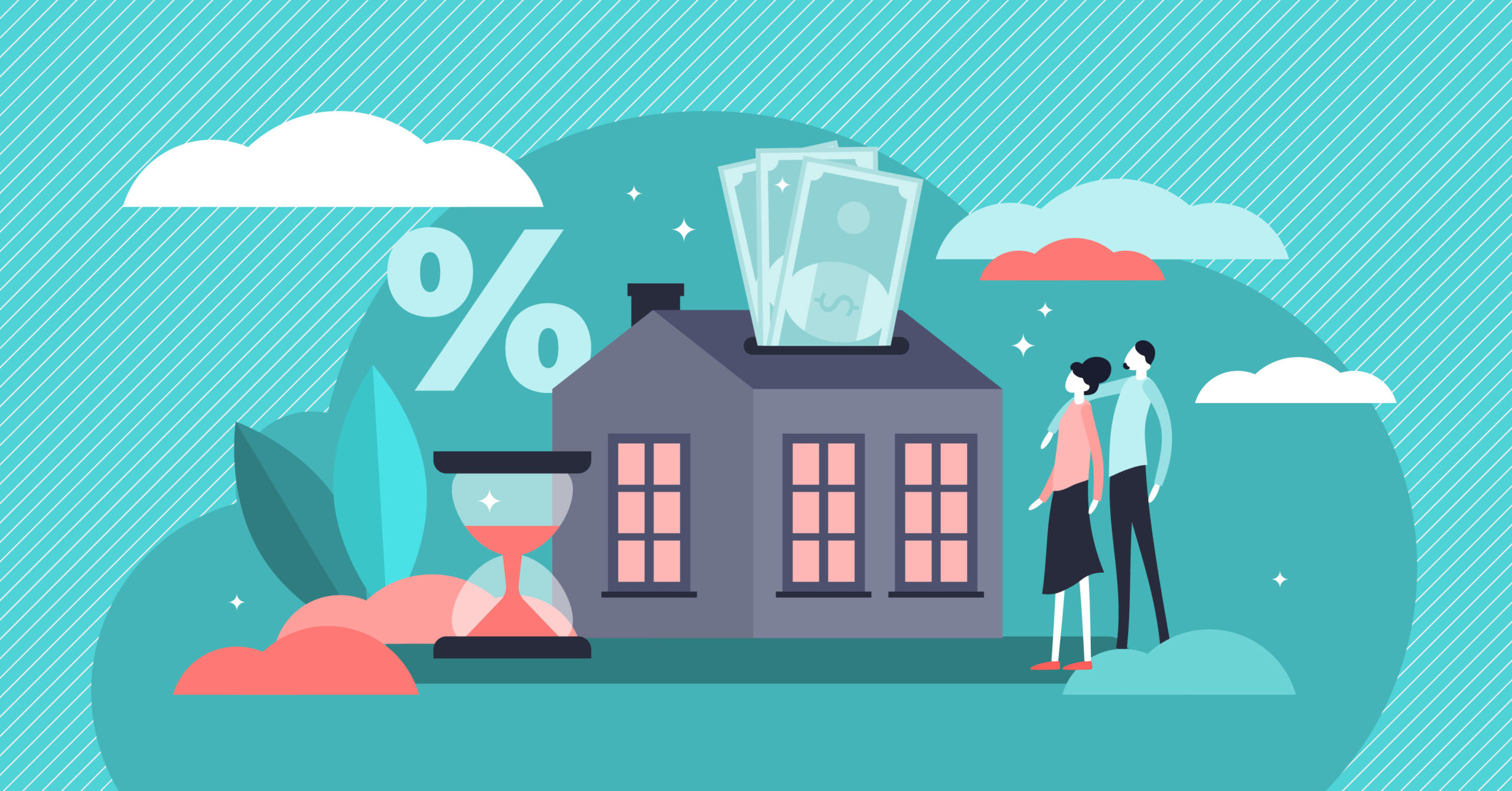
Choosing a mortgage doesn’t have to be a daunting process. Below are a few questions to ask yourself in preparation for choosing the right loan for you.
1. How much can I afford?
Naturally, this question is top of mind for most people. Buying a house is usually the largest purchase you’ll ever make. How do you know if buying a home is something you can afford? There are many helpful calculators online that break down the math behind how big of a mortgage you can afford.
Of course, having a good credit score will let lenders know they can be confident in your ability to pay back the loan. This may lead to being offered a larger loan than you anticipated. While this is great news, be careful to not overextend yourself when it comes to your budget.
2. How much should I save?
You qualified for a large loan, now what? Well, you need to make sure you enough money saved up for your down payment and closing costs.
Coming up with a down payment can be a challenge, but the more you put down, the more home equity you start out with. Starting with some equity already built in can protect you from fluctuations in the market and you won’t need to worry about having a home that’s worth less than what you owe.
3. How long should my loan term be?
Loan terms. There are 30, 15, and 10-year mortgage loans, with 30-year loans being the norm. Some lenders offer varying loan terms inside the 10 to 30-year range. What’s most important when it comes to choosing a loan term is making sure it’s the right fit for you.
That being said, if you have the capacity, choosing a shorter-term loan with larger payments comes with some benefits. You can reduce the amount you pay in interest throughout the duration of the loan and you can often get a better rate.
4. Which type of loan should I choose?
We’ll keep this part really simple. There are a few special loan types available for borrowers with unique circumstances. We’ve listed them below:
- VA loans – for a borrower with a military connection
- FHA loans – for a borrower with a lower credit score or limited savings
- Jumbo loans – for a borrower looking at a home that exceeds a standard loan limit
If none of these sounds like the right fit for you then you can rest assured that you’re the perfect candidate for a conventional loan.
5. What is the current interest rate?
Interest rate is simply the cost of borrowing the money for your house. The rate you pay is a key factor in choosing the mortgage loan that best fits your needs. Mortgage rates can change a lot since they are linked to the bond market which fluctuates daily. A simple way to avoid these daily movements is to lock in the interest rate of your loan over the long term. You also have the option of letting it move with the market with one adjustment per year.
A rate that is fixed for the life of the loan may be a bit higher than the current market adjustable rate, but the latter, which resets annually, can be a much more uncertain option.
To find out which type of mortgage rate is for you ask yourself about the intentions you have for the home. How long do you expect to live in this property before moving again? If you plan to move before the guaranteed adjustable-mortgage rate expires then choosing the adjustable-rate mortgage may be a good choice. On the other hand, if you live in the home for seven years and decide you want to stay, refinancing into a fixed-rate mortgage may cost you more in interest, assuming rates are higher at the time of refinancing.
6. Which lender should I choose?
We’ve saved the most important question for last. Choosing the right lender is just as important as choosing the right type of loan. At Core Bank, our experienced and knowledgeable loan officers aim to make your experience simple and enjoyable. We strive to make you feel at home before and after you are in your home.